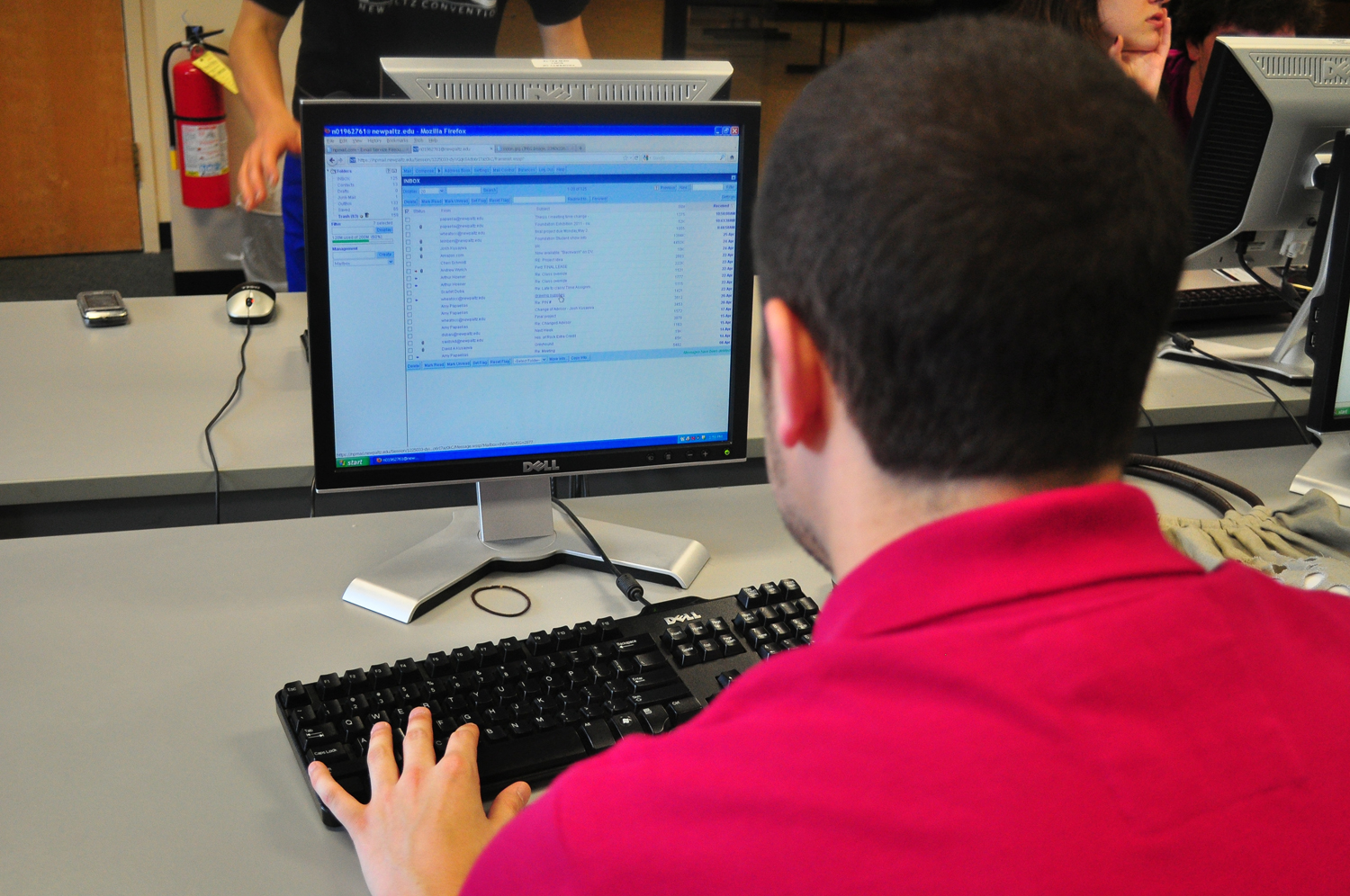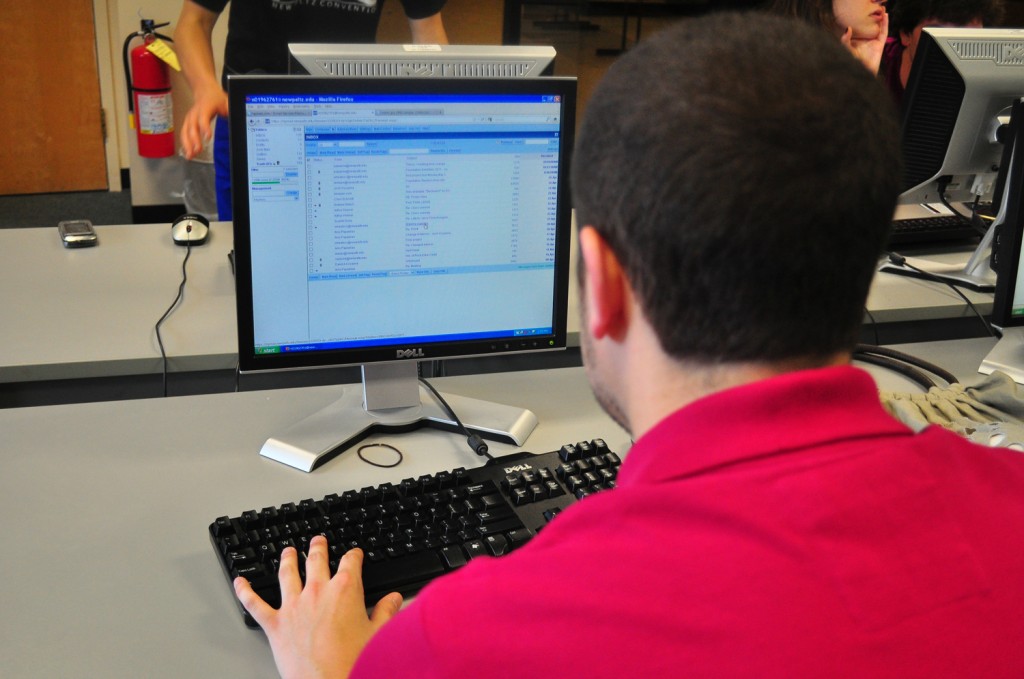

E-mail services offered by either Google or Microsoft may soon replace the NPMail system used by the campus community.
According to Computer Services Assistant Vice President of Technology Jon Lewit, the college plans to adopt either Gmail or Hotmail as a replacement for the e-mail system currently provided by ComminigatePro.
If the switch is made, Lewit said students and faculty will have 10 times more storage than they have now, as well as basic word processing, spreadsheet applications, a calendar and many other tools.
“Our current e-mail system is just e-mail and it has a somewhat dated web interface,” Lewit said. “Lots of new and current students already have Gmail or Hotmail accounts, so for many there will be nothing new to learn.”
Based on alternate e-mail addresses provided by students, Lewit said roughly 2,500 students on campus are simultaneously using Gmail with their NPMail accounts, while approximately 1,500 are using Hotmail.
Second-year education major Danielle Zanata said she prefers her Gmail account over the NPMail service because all of her e-mails can be easily sent to her smartphone.
“I have my New Paltz e-mail forwarded to my Gmail, so basically I never ever go on my New Paltz account,” she said. “Gmail is super easy to use.”
Lewit said once a decision is made, members of Computer Services will meet with the chosen vendor to work out details of support, training and the migration process.
While nothing is problem free, Lewit said the transition to a new service should occur without any major disruptions.
“Moving over the contact list has sometimes had some problems,” Lewit said. “The tools and techniques available to move things over keep improving. We will figure things out when we get there.”
Lewit said he has had a small Blackboard discussion in order to learn the opinions of faculty and staff members. He has also spoken with representatives from other SUNY colleges that have successfully made the transition to an external e-mail service.
Since both Gmail and Hotmail are off-campus systems, Lewit said there have been concerns over privacy issues.
However, Lewit said privacy will remain strong because the college will contractually purchase a commercial plan rather than the free service many are used to.
“The services are secure and there will be no advertising,” he said. “They offer scalability and redundancy. There are some trade-offs in moving from our local e-mail and storage, but we believe that moving away from what we now have is clearly a jump forward.”
Lewit said he expects the implementation process of the new service will begin during the summer. To help make the decision, Lewit opened up the discussion to students through an online survey.
Now that the survey has closed with about 750 respondents, 60 percent were in favor of switching, 21 percent were opposed and 18 percent were ambivalent. Of those who responded to the survey, 62 percent thought that Google should be chosen as the new service.
